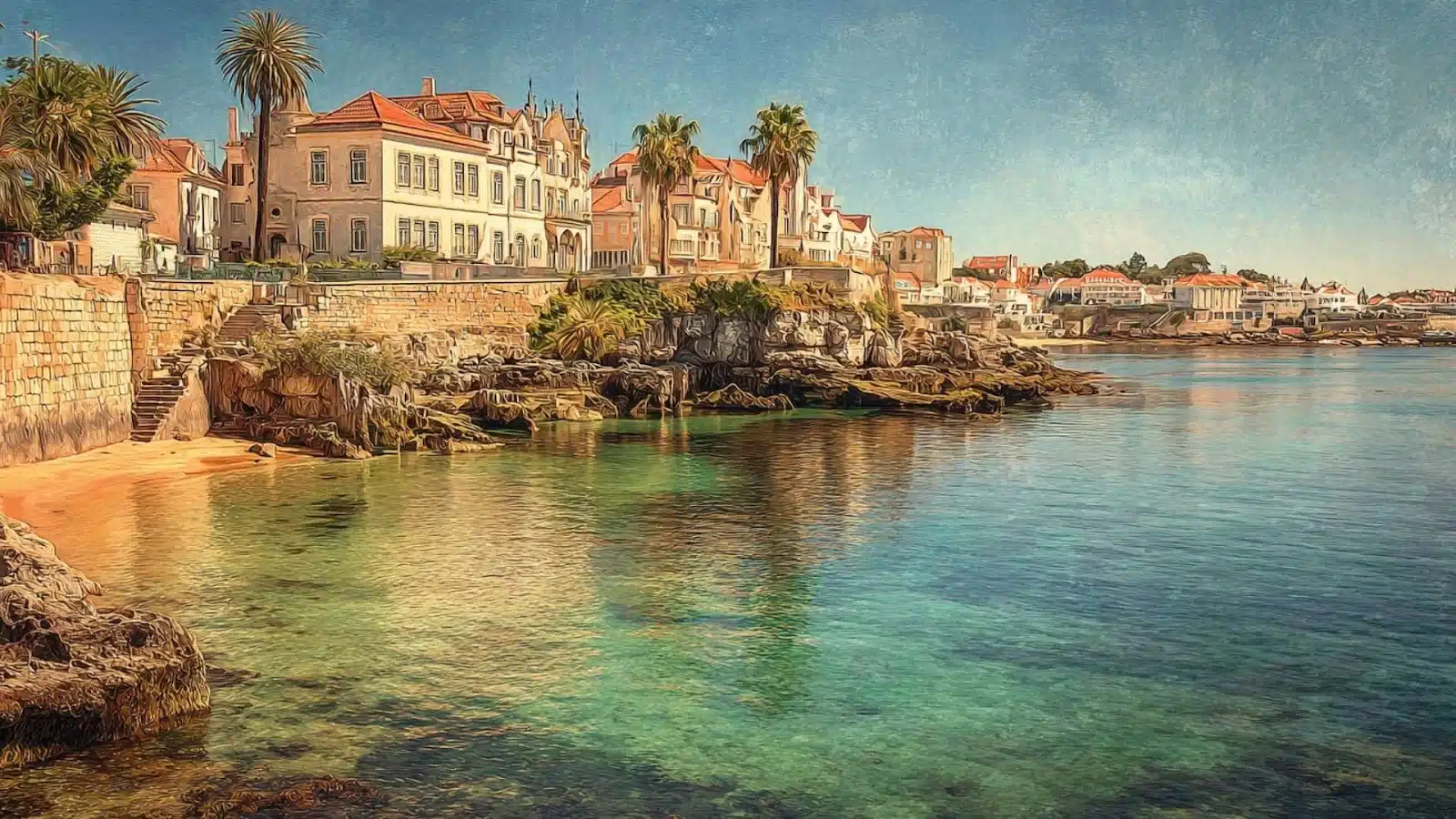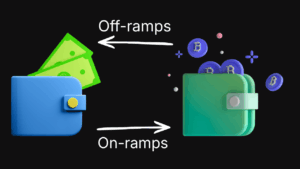Portugal real estate residency for Americans has become an increasingly strategic consideration for investors seeking global diversification, stability, and long-term mobility. Over the past few years, the number of U.S. citizens applying for European residency has grown steadily, driven by rising geopolitical uncertainty, tax considerations, and the desire for secure asset-backed opportunities abroad. Portugal, with its transparent property market and favorable visa options, stands out as one of the most practical and accessible destinations in Europe. In this article, we’ll explore the Portugal Real Estate residency for Americans and how to build a backup plan without relocating immediately.
For investors who want to invest in property in Portugalwithout immediate relocation, the country offers a balanced combination of financial and personal benefits: real estate ownership can grant a pathway to residency, provide stable euro-denominated returns, and serve as a foundation for a flexible “Plan B” strategy. This approach allows Americans to establish a foothold in Europe — protecting wealth, ensuring optionality, and maintaining control over future lifestyle decisions.
Why Portugal Appeals as a Backup Plan: Portugal Real Estate Residency for Americans

For many American investors exploring Portugal real estate residency, the country represents more than a lifestyle choice — it is a stable, EU-based platform for long-term wealth preservation and global mobility. Portugal consistently ranks among the most politically and economically stable nations in Europe, maintaining steady GDP growth and controlled inflation within the Eurozone framework.
It offers investors a secure legal system, transparent property rights, and an environment that actively supports foreign capital inflows. These factors have made Portugal one of the leading destinations for those seeking a second residency in Portugal without immediate relocation.
The country’s appeal extends beyond its economic fundamentals. Portugal is recognized for its high standard of living, ranked among the safest nations worldwide by the Global Peace Index 2024, and offering one of the best healthcare systems in the EU according to the OECD.
The infrastructure is modern, the cost of living remains moderate by Western European standards, and English is widely spoken — making integration seamless for U.S. citizens. In addition, Portugal’s Non-Habitual Resident (NHR) tax regime provides significant advantages, such as reduced or zero tax on certain foreign income for a 10-year period, an important incentive for those considering relocation or part-time residence in the future.
Key advantages for American investors include:
- Stable political and economic environment within the European Union and Eurozone.
- Transparent legal and property ownership system offering strong investor protection.
- Top-tier healthcare and infrastructure comparable to major Western economies.
- English widely spoken, ensuring smooth communication for foreign owners.
- Favorable tax and residency incentives, including NHR and multiple visa options.
- High quality of life and safety, attracting global entrepreneurs and retirees alike.
For U.S. citizens aiming to invest in property in Portugal, the country offers not just attractive returns but also the foundation for a low-risk “Plan B” strategy — combining financial security, residency flexibility, and access to the broader European market.
Real Estate: The Gateway to Flexibility: Portugal Real Estate Residency for Americans

For American investors in Portugal real estate, property ownership is not just a financial decision — it is the foundation of a flexible residency strategy. Portugal’s immigration framework recognizes investment and passive income as valid pathways to long-term residency, allowing investors to secure legal rights in the EU while maintaining their primary residence in the United States. This approach appeals to investors who want to buy property in Portugal for residency but are not ready to relocate immediately.
Two main visa options are most relevant for U.S. citizens: the Golden Visa, designed for active investors, and the D7 Visa, which caters to those with recurring income streams such as rentals, pensions, or dividends. Both routes provide access to EU residency rights, long-term stability, and the freedom to live, work, or travel across the Schengen Zone.
| Criteria | Golden Visa | D7 Visa |
| Eligibility | Investment in real estate, venture funds, or other qualifying assets | Proof of passive income (rentals, dividends, pensions) |
| Minimum Investment / Income | €500,000 (or €350,000 in renovation or low-density areas) | Approx. €1,200/month for main applicant (+20–30% for dependents) |
| Residency Validity | 2 years, renewable for 3-year periods | 2 years, renewable for 3-year periods |
| Physical Stay Requirement | Minimum 7 days per year | At least 6 months per year |
| Processing Time | Around 6–9 months | Around 3–6 months |
| Tax Benefits | Eligible for Non-Habitual Resident (NHR) regime | Eligible for Non-Habitual Resident (NHR) regime |
| Path to Citizenship | After 5 years of legal residency | After 5 years of legal residency |
| Ideal For | Investors seeking minimal stay and asset diversification | Retirees or professionals with passive income |
The Portugal Golden Visa USA remains a preferred route for investors prioritizing minimal physical presence, while the Portugal D7 visa real estate option suits those aiming for gradual integration. In both cases, real estate acts as a gateway — offering residency rights, income potential, and portfolio diversification within a secure EU framework.
Investment Benefits Beyond Residency

Beyond residency rights, investing in Portugal real estate offers a balanced mix of financial stability, portfolio diversification, and long-term growth potential. For American investors in Portugal real estate, property ownership is not only a legal pathway to residency — it is a proven asset class within one of Europe’s most resilient markets. Over the past decade, Portugal’s property sector has shown consistent appreciation, driven by limited supply, foreign demand, and a robust tourism economy. According to Confidencial Imobiliário (2024), residential prices grew by an average of 6.9% annually over the last three years, while commercial yields in Lisbon and Porto range between 4% and 6%, depending on asset type.
In addition, Portugal’s euro-denominated real estate acts as a currency hedge for U.S. investors, mitigating dollar volatility while providing access to the broader European market. Rental income potential remains strong across both long-term and touristic segments, particularly in Lisbon, Porto, and the Algarve — regions with stable occupancy rates above 80% and strong year-round demand.
Key investment advantages for U.S. buyers:
- Consistent capital appreciation supported by constrained supply and international demand.
- Attractive rental yields in prime locations, with stable occupancy from tourism and expat markets.
- Currency diversification, reducing exposure to USD volatility.
- Strong legal protection for property ownership and contracts.
- Exit flexibility, with high liquidity for prime commercial and residential assets.
For those aiming to invest in property in Portugal, the market offers both short-term profitability and long-term security — making it a logical complement to a global investment portfolio.
Practical Steps to Set Up a “Plan B” in Portugal

Establishing a second residency in Portugal is a structured but straightforward process when guided by experienced professionals.
Recommended steps:
- Define your investment objective:
- Residency through investment (Golden Visa)
- Passive income residency (D7)
- Pure capital appreciation or income generation
- Select the right property segment:
- Commercial real estate: office, retail, logistics, or hospitality assets.
- Residential for personal use or long-term rental.
- Touristic units for short-term rental yields.
- Understand eligibility and documentation:
- Proof of investment, income, and clean criminal record.
- Legal representation for NIF (tax ID) and bank account setup.
- Partner with local experts:
- Legal and tax advisors ensure compliance and optimize structures.
- Roca Estate guides investors through due diligence, acquisition, and management — ensuring risk-controlled entry into the Portugal property market for Americans.
The Freedom to Decide Later
Owning property in Portugal offers immediate benefits — rental income, portfolio diversification, and EU mobility — without forcing a full relocation.
Key flexibility advantages:
- Maintain your U.S. residence while holding Portuguese residency rights.
- Use the property seasonally, lease it for returns, or move later.
- Keep options open in response to global economic or policy shifts.
For many investors, Portugal real estate residency for Americans is not an emotional move — it’s a rational hedge against uncertainty and a strategic asset allocation decision.
Conclusion — A Strategic Step Toward Security
Portugal offers a rare mix of lifestyle quality, legal stability, and investment clarity. For U.S. investors, real estate serves as both an entry point to EU residency and a long-term capital protection vehicle.
In a world where uncertainty is becoming the norm, Portugal provides certainty — financially, legally, and personally.
Roca Estate specializes in helping American investors invest in property in Portugal efficiently, securely, and strategically — whether through commercial, residential, or mixed-use assets.
Contact Roca Estate to explore tailored property options that align with your long-term residency and portfolio diversification goals.








